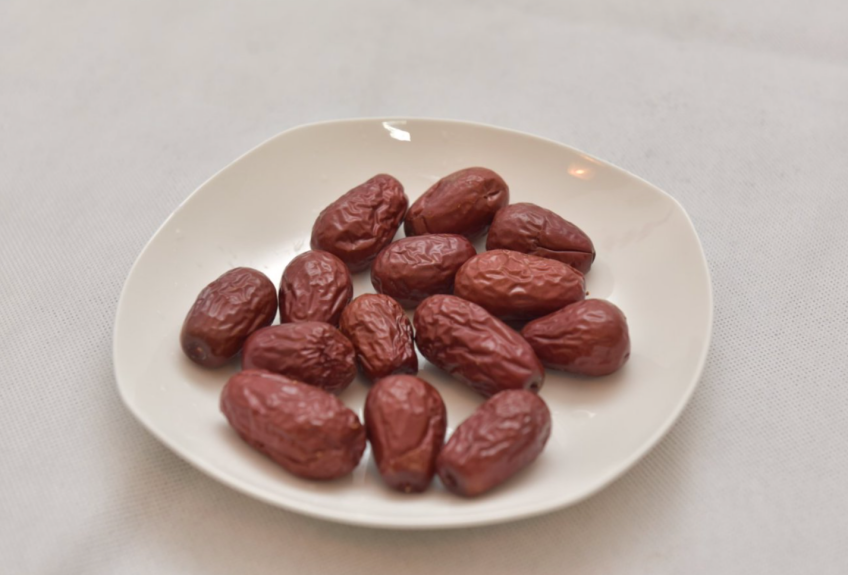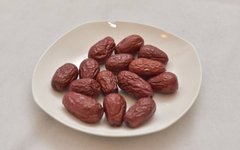When it comes to foods that nourish blood, what do people think of first? Red dates, brown sugar… can they really nourish blood? What other everyday foods can help nourish blood?
What does nourishing blood actually mean?
In daily conversation, nourishing blood often refers to supplementing iron, which is a key material for blood production. Therefore, the iron content in food can reflect the effectiveness of blood nourishment to some extent.
Adults are recommended to intake 8-18 milligrams of iron daily. Red dates contain 1.8 milligrams of iron per 100 grams, brown sugar contains 9 milligrams, and Ejiao (Donkey-hide Gelatin) contains 4 milligrams. Based purely on these values, brown sugar seems to have the highest content, but considering the need to control sugar intake, it may not be the best choice. Ejiao, which ranks second, is significantly more expensive than red dates. Additionally, the vitamin C in red dates can enhance iron absorption.
Comparatively, red dates appear to offer the best cost-effectiveness. However, relying solely on red dates for iron intake would require consuming nearly 500 grams daily, which is impractical.
In fact, there are many foods that can nourish blood (supplement iron) that we often overlook in our daily lives.

(Image source: Health Times)
Foods for Nourishing Blood (Supplementing Iron) That We Often Overlook
Some everyday foods that nourish blood (supplement iron):
1. Lean Meat
Especially red meat, such as beef and lamb. 100 grams of lean beef contains 2.7 milligrams of iron. Additionally, lean meat can also provide protein and other nutrients.
Moreover, 100 grams of pig liver contains 22.6 milligrams of iron, which is quite high, but due to its high cholesterol content, it is not recommended for long-term excessive consumption.
2. Seafood
Especially shellfish, such as clams, which contain 28 milligrams of iron per 100 grams, and kelp, which contains 3.3 milligrams of iron. However, those with high uric acid levels should be cautious when consuming these.
3. Legumes
Legumes and soy products are not only important sources of plant protein but also rich in iron. For instance, 100 grams of soy milk contains 15 milligrams of iron, along with phospholipids, riboflavin, and other nutrients.
4. Dark Green Vegetables
The most well-known is spinach, which contains 2.9 milligrams of iron per 100 grams. However, the absorption rate of iron from plants is relatively low, so it is advisable to consume it with vitamin C.
Additionally, black fungus actually has a relatively high iron content among plants, containing 5.5 milligrams of iron per 100 grams when rehydrated. Considering its rich dietary fiber, it is also a good choice in daily meals.
5. Dried Fruits and Seeds
100 grams of black sesame contains 50 milligrams of iron, and it is also rich in various vitamins, lecithin, calcium, and phosphorus. However, the high fat content should be noted.
6. Grains
As the most consumed food in daily diets, 100 grams of wheat contains 5.1 milligrams of iron, 100 grams of oats contain 13.6 milligrams of iron, while 100 grams of rice contains only 1.3 milligrams of iron.
Source: Health Times, compiled from the Beijing University of Chinese Medicine’s Dongfang Hospital article “These Blood-Nourishing Foods Will Help You Achieve a Healthy Complexion!”
Supervised by Zhang Zhiren / Chief Editor Wu Jing / Editor Chen Siyu

